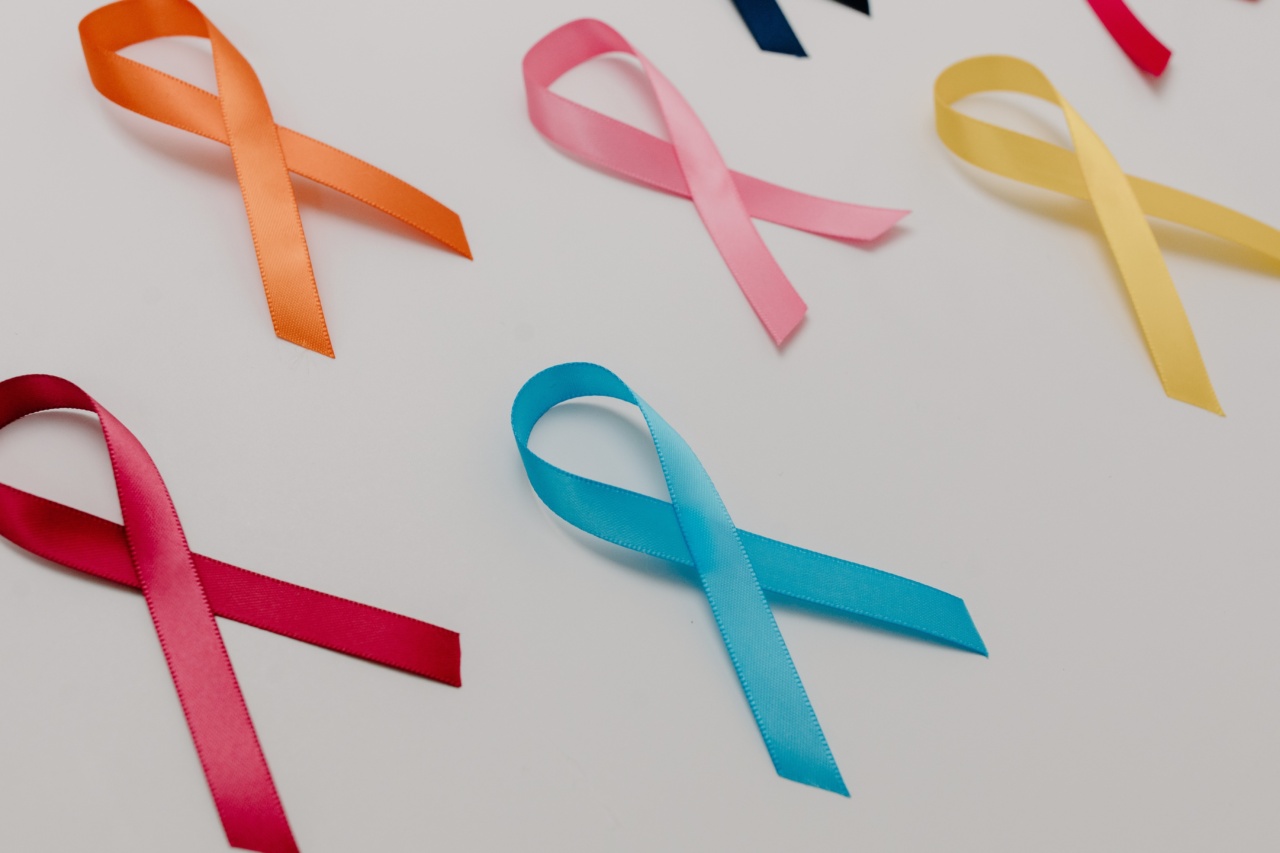The liver, kidneys, and bladder are important organs in your body that play a crucial role in eliminating toxins.
The liver filters the blood and detoxifies harmful substances, while the kidneys and bladder work together to remove waste and excess fluids from the body. However, with our modern lifestyle, these organs are often overwhelmed with toxins, leading to various health problems. Fortunately, there are several ways to support your liver, kidneys, and bladder in their detoxification process.
1. Stay Hydrated
Water is essential for proper kidney function. It helps flush out toxins and prevent the formation of kidney stones.
You should aim to drink at least eight glasses of water per day, but the amount may vary depending on your age, weight, and level of physical activity. To ensure that you stay hydrated throughout the day, carry a water bottle with you and sip on it regularly.
2. Eat a Healthy Diet
A healthy diet is essential for maintaining the health of your liver, kidneys, and bladder. Avoid processed foods, refined sugars, and saturated fats, which can increase inflammation and damage to these organs.
Instead, focus on eating whole foods that are rich in nutrients and fiber, such as fruits, vegetables, lean proteins, and whole grains.
3. Exercise Regularly
Regular exercise can help improve blood flow, which is essential for providing oxygen and nutrients to your organs. It can also help reduce inflammation and support your liver’s detoxification process.
Aim for at least 30 minutes of moderate-intensity exercise, such as brisk walking or cycling, on most days of the week.
4. Get Enough Sleep
Getting enough sleep is essential for your overall health and well-being. It can also help support your liver’s detoxification process. During sleep, your body has a chance to repair and regenerate damaged cells and tissues.
Aim for at least seven to eight hours of sleep per night, and establish a regular sleep schedule to help your body get into a natural rhythm.
5. Reduce Alcohol and Caffeine Intake
Alcohol and caffeine can both be toxic to your liver and kidneys, so it’s essential to consume them in moderation.
Alcohol can increase inflammation and damage to the liver, while caffeine can cause dehydration and make it harder for the kidneys to function properly. If you do consume these substances, limit your intake and drink plenty of water to help flush them out of your system.
6. Take Supplements
There are several supplements that can help support your liver, kidneys, and bladder in their detoxification process. Milk thistle is a popular herb that has been shown to improve liver function and protect against toxins.
N-acetylcysteine (NAC) is another supplement that can help boost glutathione levels, which is a natural antioxidant that plays a crucial role in liver detoxification. Other supplements that may be beneficial include dandelion root, turmeric, and cranberry extract.
7. Practice Stress-Reduction Techniques
Chronic stress can increase inflammation and damage to your organs, so it’s essential to practice stress-reduction techniques regularly.
Meditation, yoga, deep breathing exercises, and massage can all help reduce stress and support your body’s natural healing process.
8. Consider a Detox Program
If you’re looking for a more intensive way to support your liver, kidneys, and bladder, consider a detox program.
There are several different types of detox programs available, ranging from juice cleanses to more structured plans that include specific foods and supplements. However, it’s essential to talk to your healthcare provider before starting any detox program to ensure that it’s safe and appropriate for your individual needs.
9. Avoid Toxins
Avoiding toxins as much as possible can help reduce the burden on your organs and support their natural detoxification process.
Try to minimize your exposure to pesticides, pollutants, and other harmful substances by eating organic foods, using natural cleaning products, and avoiding smoking and secondhand smoke.
10. Get Regular Check-Ups
Regular check-ups with your healthcare provider can help detect any potential problems with your liver, kidneys, and bladder early on.
If you have a family history of liver or kidney disease, it’s especially crucial to get regular screenings and tests to monitor your health.





























